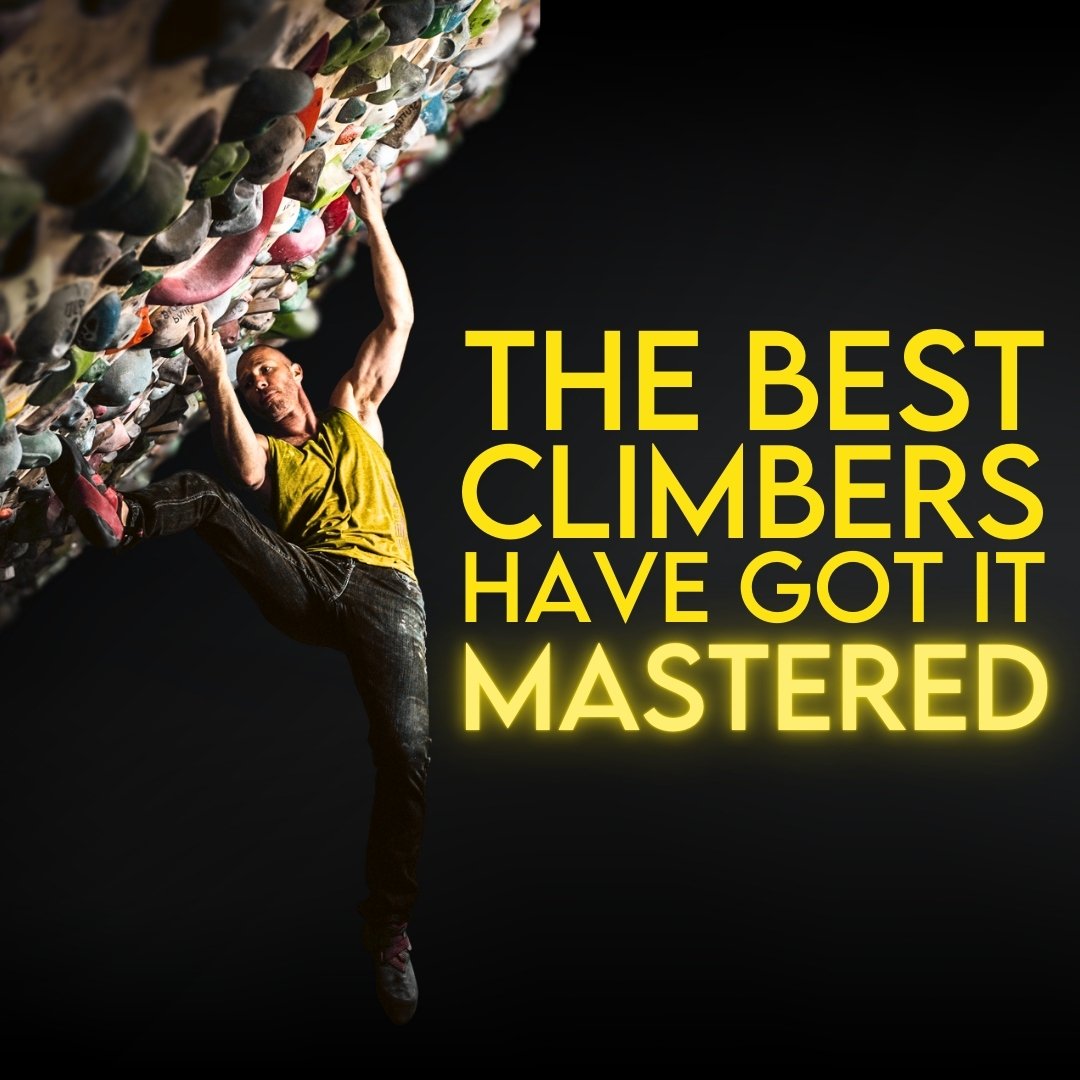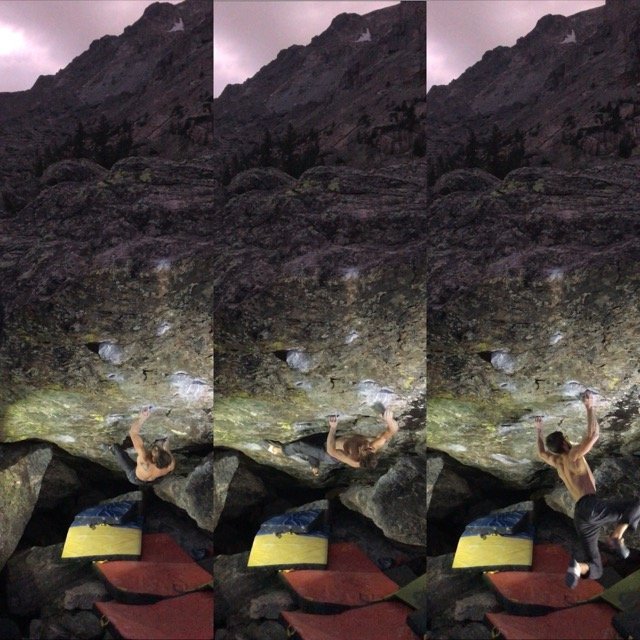Skills of Perception: Part 1
One of the more underrated aspects of improving at climbing is our skill of perception. There are different types of perception that we use throughout our day-to-day climbing. These range from observing what is happening on the wall to being able to recognize what’s going on physically. As we progress as climbers, it’s important that we continue to improve our abilities to observe and assess these things.
Across my years of coaching, I’ve noticed patterns emerge among different ability levels. For newer climbers, it’s important to remember the beta they just tried, intermediate climbers need to remember everything they’ve tried across all of their attempts, and advanced climbers need to remember what they felt.
Part 1: Newer Climbers
Remember the beta you just tried.
*HUGE caveat: I’ve seen climbers who regularly climb V10+ or 5.13+ who struggle with this aspect and whose climbing would be drastically improved if they put some dedicated effort leveling up this skill. Just because this is listed as a skill most commonly lacking in newer climbers doesn’t mean you are exempt from it because you’ve been climbing for several years.
When you are new to climbing, there are so many things going on that it can be overwhelming. Everything is new, and you are guaranteed to learn something every time you go climbing for the first few months. There’s something extra you can do to gain even more out of that learning period, though.

Rachel Melville on the all-time classic test of beta memory, Ultra Perm (13d), Red River Gorge.
One of the more effective ways to get the most out of this initial learning period is to pause after each time you climb and try to remember what you just did. When you are new to the sport this can be hard to do. Can you remember the sequence of hands and feet you used? Which holds did you skip? What order did you move your feet in? How did that work out for you?
Being able to recognize and remember beta solutions is a crucial skill that will always remain useful in climbing. You might not be good at it to begin with, but the more you practice and the more you try to recall the beta you just used, the better you will get at it. Start now by trying to remember what just happened after you hop off the wall. To help with this, you can work with a friend or use video to check your memory. When you come down off of a climb, talk with your partner about what you just did and how it went. You might be surprised by how often you forget entire sections of climbs.
Newer climbers are often told to work on movement, technique, and other foundational skills. I think that’s great advice. In fact, I believe in that advice so much that I made an entire course for newer climbers looking to learn about movement, technique, and other foundational skills. However, if you want to get the most out of your skill work and practice, being able to remember what you tried is a great first step.
We have to be able to compare one attempt to another in order to assess whether the adjustments we are making are improvements. If you’re looking to level up your skills as a climber, improving your route memory is an investment that will pay off for as long as you continue to climb.

Despite being constantly present and often the reason we fail, Rhythm is the most underrated of the Atomic Elements of Climbing Movement.
Long-time friends Nate and Ravioli Biceps discuss lessons they’ve pulled from video gaming that can help inform our climbing.
There’s A LOT of great information out there on how to climb harder. But it’s tough to sort through…
Short climbers are good at getting scrunchy, and tall climbers are good at climbing extended, right? Wrong.
One of the most common places things start to fall apart is at the very beginning of the move.
We know spending time on a finishing link is smart tactics for hard climbs. So why not apply the same concept to individual moves?
Learning when and how to compensate for a weakness is a skill. And skills need to be practiced.
Lowball boulders, while not as proud, can still teach us new movement, new ways to utilize tension, and force us into finding new techniques.
I never thought I’d be recommending this, but some of y’all should be putting less effort into becoming technically better climbers.
Training principles are important, but when they creep into performance, your climbing will suffer. Nearly every time.
We have become collectors of dots. But there’s one major thing that happens when we connect dots that is entirely lost in mass dot collection: critical thinking.
Do you really have terrible willpower? Or are you surrounded by distractions and obstacles?
You have a climbing trip coming up. The rock is different. The style is different. Your pre-trip time is short and the number of days you’ll be climbing, even shorter…
Giving artificially low grades to climbs increases their perceived value for our training and development. The more something is mis-graded the more we naturally want to prioritize it.
Discussion around grades can be so polarizing that many of us avoid the topic.
Climbing starts off as this self-feeding cycle that has you wishing you could climb seven days a week. What happens when this cycle stops bringing improvement though?
Use strength to leverage every other aspect of your climbing, not replace them.
If everything you do is a finger workout, then when do your hands get a chance to recover?
There is a common theme between a grilled cheese sandwich and good training advice.
The more accurately we define our problems, the more approachable it will feel to find solutions.
Maybe the most understated way of getting better is to build fallback successes into your plan.
How much time should climbers spend becoming more well rounded vs. improving their strengths?
As cool as assessments and standards are, they can easily leave people settling for “good enough” when they have the potential to do much more.






























Inspiration is intoxicating, but often fades as quickly as it shows up.